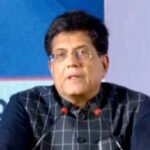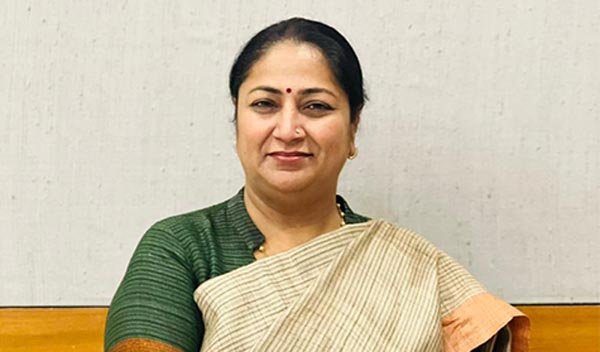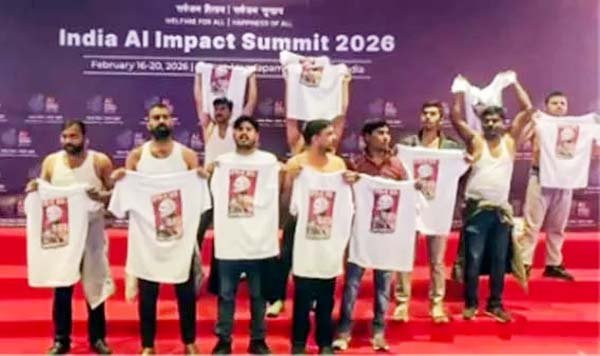- More than 10 lakh tests conducted so far
Bhopal: Promoting both a developed and healthy India remains a top priority for the government. Addressing health officers and ASHA workers statewide via video conference on Global Fatty Liver Day, Deputy Chief Minister Rajendra Shukla emphasized that a healthy liver leads to a healthy life—and ultimately, a healthier society and empowered nation. The event was also joined by Padma Bhushan Dr. Shiv Kumar Sarin, Director of the Institute of Liver and Biliary Sciences, New Delhi.
Calling Global Fatty Liver Day a symbol of collective health awareness, Shukla highlighted the liver’s crucial yet silent role in energy production, detoxification, digestion, and immunity. Because liver diseases show symptoms late, he stressed the urgency of timely care and awareness.
Deputy CM identified lifestyle-related factors—such as obesity, diabetes, poor diet, lack of exercise, and stress—as leading causes of Non-Alcoholic Fatty Liver Disease (NAFLD). Shukla urged citizens to adopt a healthier lifestyle: avoid junk food, engage in daily physical activity for at least 30 minutes, and prioritize regular health checkups.
Shukla reaffirmed the government’s commitment to strengthening the Healthy Liver Mission, ensuring better treatment facilities, equipment, and trained personnel across healthcare institutions. Launched on May 21, 2025, by Governor Mangubhai Patel and Chief Minister Dr. Mohan Yadav, the mission covers all stages—from awareness and screening to treatment and follow-up.
An alarming call to action
Between June 2 and now, nearly 10 lakh people have been screened for NAFLD. Of these, 1.27 lakh had a BMI over 23; 24% of women had waistlines over 80 cm, while 19% of men exceeded 90 cm—data that Shukla termed as an alarming call to action.
Statewide screening camps are being held in health centers and urban-rural locations for citizens aged 30–65. Suspected cases are referred to district hospitals, with follow-ups ensured. Shukla praised the ground-level efforts of ASHA workers, ANMs, CHOs, and local representatives in driving this critical public health movement forward.











